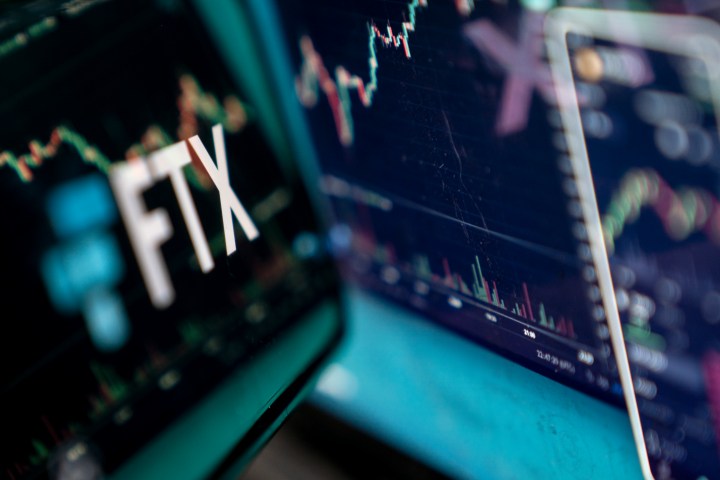Business Maverick
Tech is going through a midlife crisis, but that doesn’t mean you shouldn’t

Is a midlife crisis a real thing, or just a thing we think is a thing? The key identifier of a midlife crisis is the slightly balding guy in a convertible sports car.
But you know, correlation is not causation. Most people can only afford sports cars when they get to middle age. The fact that (mostly) middle-aged men drive sports cars could easily be explained because they have wanted to drive them their entire lives but can only afford them in their forties.
It’s like this joke about a 45-year-old who just bought his first sports car and who tells a friend: “My girlfriend thinks I’m going through a midlife crisis. But what would she know? She’s only 20.”
I suspect many of us love the idea of a midlife crisis because it’s such a great putdown of men being ridiculous and I mean, let’s face it, the examples are nearly endless. I think being bald and having a ponytail is a dead giveaway – best to be avoided. But on the other hand, I would endorse travelling at high speed at any age, at least when you are sober. And of course, the definition of a midlife crisis is that the age at which you think you finally have everything together happens to coincide with the precise moment your body starts falling apart.
There is a discussion going on in the ether at the moment about whether the tech industry is going through a midlife crisis, or whether what is happening is more existential. Unemployment around the world has not increased by large numbers, but every major tech company has announced huge layoffs, including Amazon and Meta. Most tech companies have lost close to half their value.
Writing in the Atlantic, Derek Thompson makes the point that these mass layoffs in big tech companies are overlapping the “lurid chaos” unfolding at Twitter, and the spectacular implosion of crypto. What is more, lots of executives of these companies seem to be acting in the disjointed, semi-rational way that is typical of people going through a midlife crisis.
The tech space seems to be dominated by executives wildly searching for a new moonshot, but this time with more money and outright craziness than before. Thompson points out: “Amazon recently employed more than 10,000 people to work on its AI product, Alexa. At Meta – the parent company of Facebook, Instagram, and WhatsApp – Reality Labs, the division working to build a metaverse, has about 15,000 employees. Apple reportedly has 3,000 people working on an augmented-reality headset, and thousands more are working on Google’s voice assistant.”
The person who seems to be going through a literal midlife crisis is Elon Musk who “has installed himself at the helm of a digital delivery mechanism for news outrage with, at best, a chaotic plan for resurrecting its business”.
And yet, Thompson concludes, this might not be all about the desperate search for lost youth. In fact, it has a lot more to do with interest rates. The period after the great recession has been defined by low interest rates, a consequence of low aggregate demands. “This created the perfect conditions for an era of endless cash that venture capitalists, seeking high rates of return, poured into low-marginal-cost software companies.”
But rising interest rates have meant the end of easy money. “As the cost of risk has gone up, venture funding has gone down, and companies have had to cut costs, raise prices, or both. Meanwhile, the narrative in markets has flipped from growth to profits, and valuations for tech companies have crashed.” Great insights.
The question now is whether this is a permanent state, or not. Economist and New York Times commentator Paul Krugman thinks low interest rates will probably return.
Krugman has been confident about low interest rates for years, so maybe a pinch of salt is needed here, but his arguments are shrewd, as always. High interest rates are partly a hangover from really huge deficit spending during the pandemic, and more broadly, changing global demographics.
But he adds one other fact: the accelerator effect. This states that investment spending generally reflects not the level of GDP, but the expected change in GDP. Almost nobody in the developed world is expecting much of that now.
For South Africans, this is all very immediate because the Reserve Bank is probably going to push up interest rates this week, despite declining inflation. But the rate of increase will be interesting, particularly because interest rates in some key countries, including the US, are now on the decline.
If you are going through a midlife crisis and you intended to trade the SUV in for a Porsche and a lump of debt, you might want to wait till Friday before signing on the dotted line. BM/DM

















Comments - Please login in order to comment.